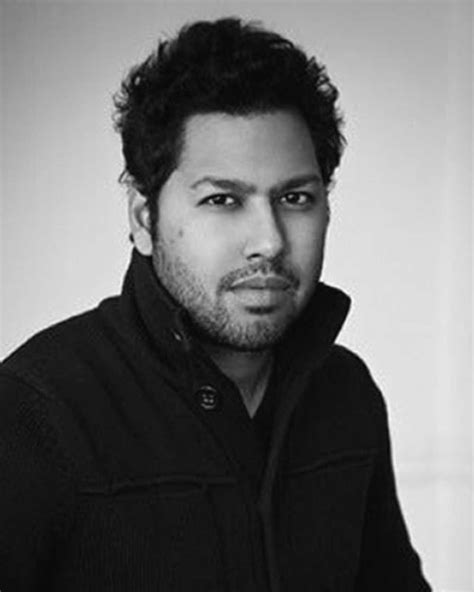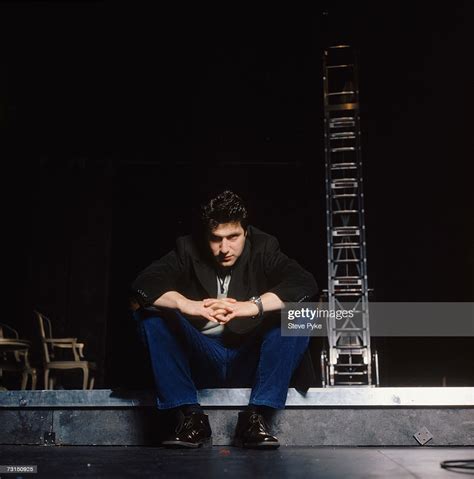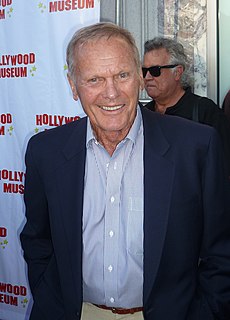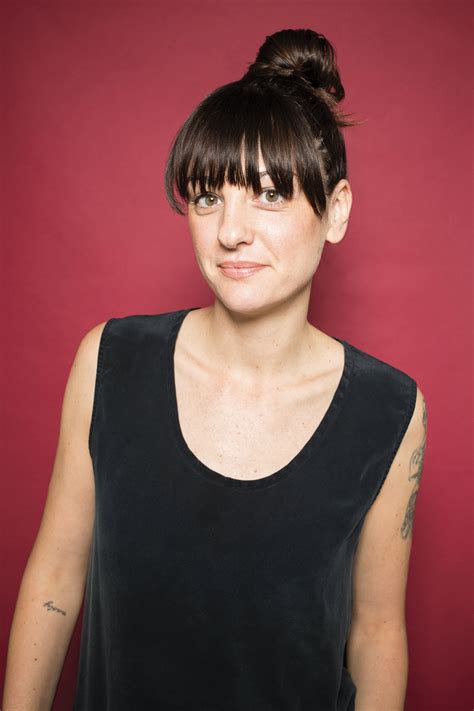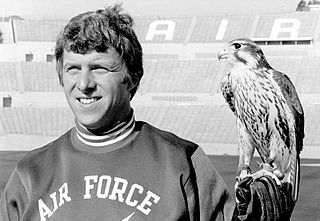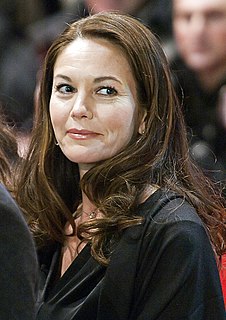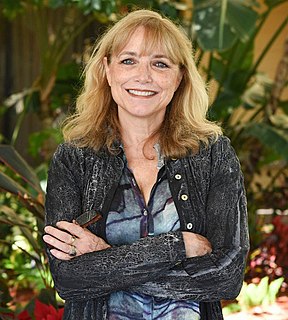A Quote by Dileep Rao
I think if you look at Sam Raimi and Jim Cameron, those guys know things about filmmaking that almost nobody knows anymore. They are students of film from when they handmade films themselves, you know cut films with their own hands and razor blades and tape.
Related Quotes
You know, independent films have been institutionalized, practically. Every studio has got a boutique arthouse label. There's like, 18 different independent film-financing funds. In fact, I think the children of those films are getting made. A more interesting question is whether those films are going to get seen and appreciated.
I did sit in cinemas as a kid looking at English and American movies thinking, "Wouldn't it be great if the characters were like real people?" And the worst thing is films are constantly advertising themselves, drawing attention to their style of things. But actually I make films that I think are extremely sophisticated and cinematic. But you don't want the audience thinking about the bloody film. You want them to think about what's going on, and believe in it. Be flies on the wall, you know?
Once in a while a good opportunity would come along, like the first 'Playhouse 90 ever to air - working in television afforded me my best opportunities. The (film) industry was going through such turmoil at the time - studios didn't know where to go anymore, they were falling apart, television was there. They didn't know what kind of films people wanted. The European films were making a huge impact because those films wanted real people in real situations.
My filmmaking style of remixing came out of necessity. When I was a film theory student at UC Berkeley in the early 1990s, there were no film production facilities. The only way I learned to tell stories on film was by re-cutting and splicing together celluloid of old movies, early animated films, home films, sound slug - anything I could get my hands on.
I like filmmakers where, if their film comes on and you step in halfway through it, you can recognize that, hey, this is a Coen Brothers film. Or, hey, this is a Stanley Kubrick movie. You can recognize some filmmakers. Like, if you put on a Sam Raimi movie, you can tell that it's a Sam Raimi movie pretty quickly. I like a signature style that people can recognize and relate to, and connect with. I think that is part of why we seek out certain directors. We want to see how they view the world.
Some guys are just very, very interested in their sport and their predecessors. I know I was a guy like that when I was a young coach. I wanted to know about George Halas, I wanted to know about Jim Lee Howell, guys you don't even know. I wanted to know what they were like. So I read whatever I could get my hands on.
When I studied with Nicholas Ray he was always telling us, "If you want to make films, watch a lot of films, but don't just watch films, go take a walk, look at the sky, read a book about meteorology, look at the design of people's shoes. Because all of them are part of filmmaking." So I thought, perfect! That's a good job for me.
I think that directing is the ultimate martyred task of filmmaking, that it has nobility to it. It takes three years to make a film, for the most part. I think it requires the attentiveness of a mother hen. I don't know how people raise children and direct films. I'm sorry, I don't know, how can you be good at both?
